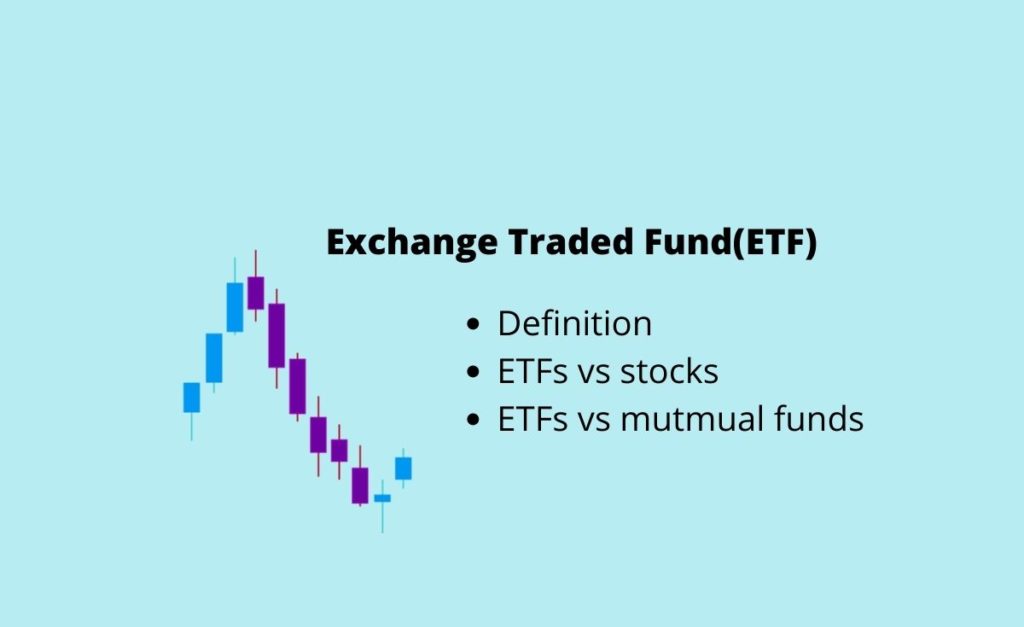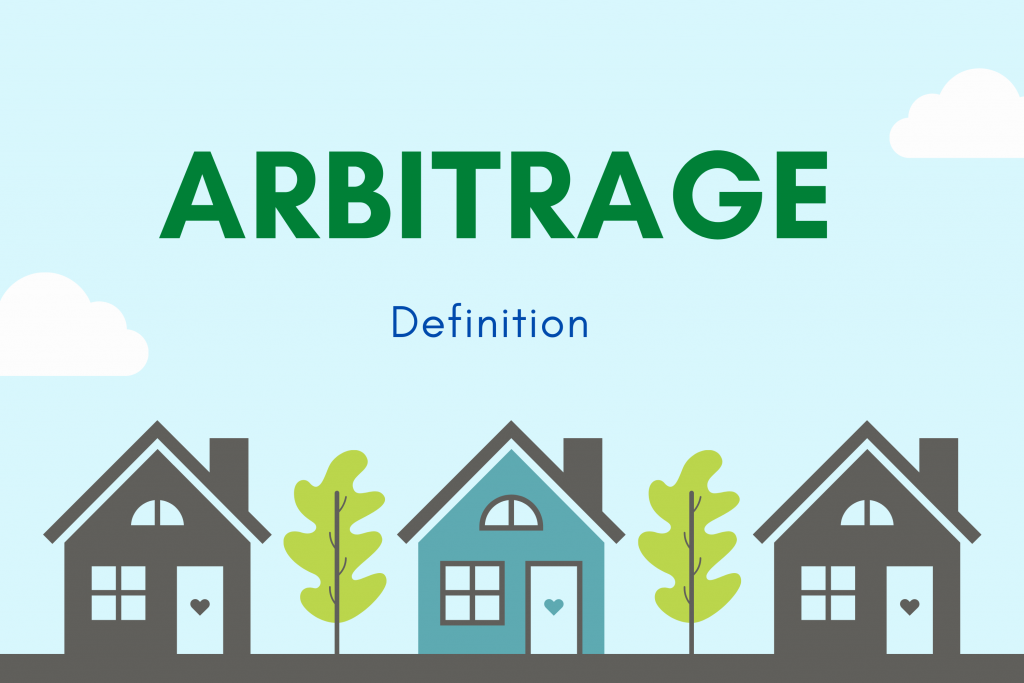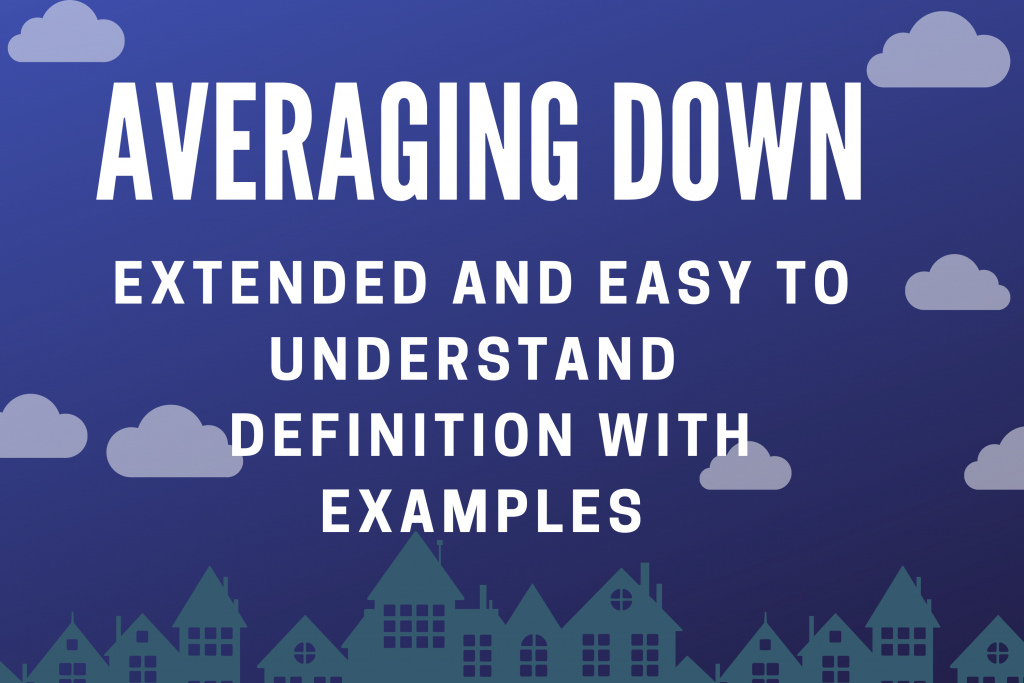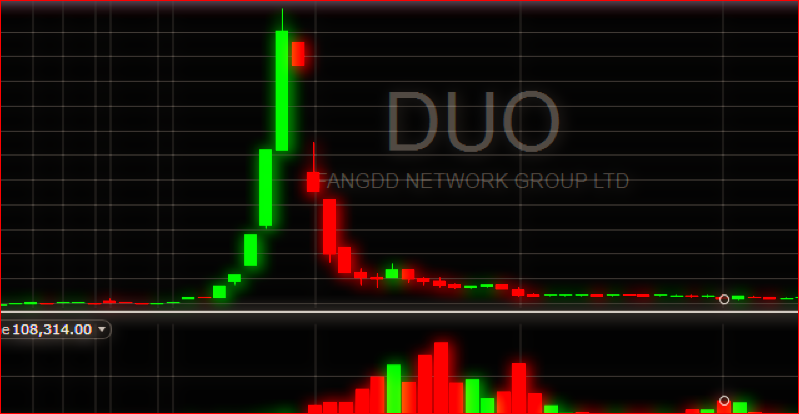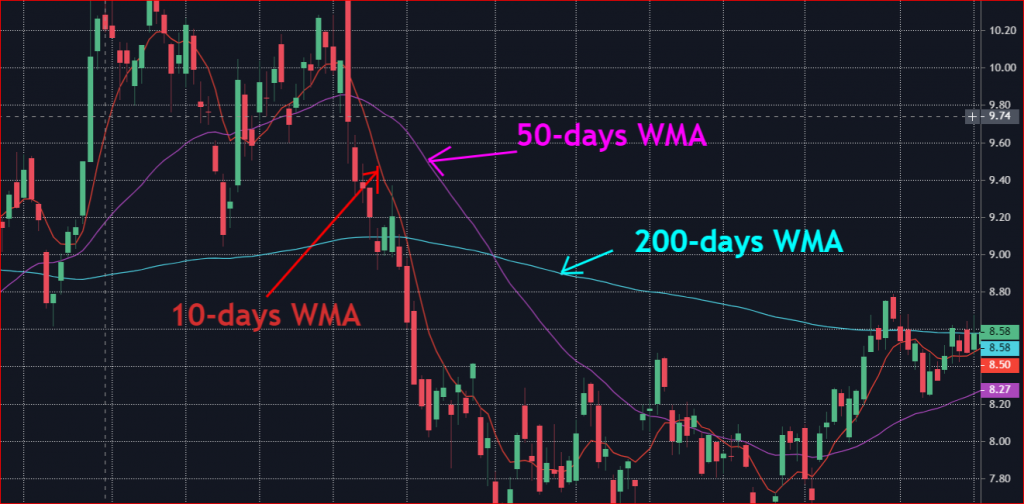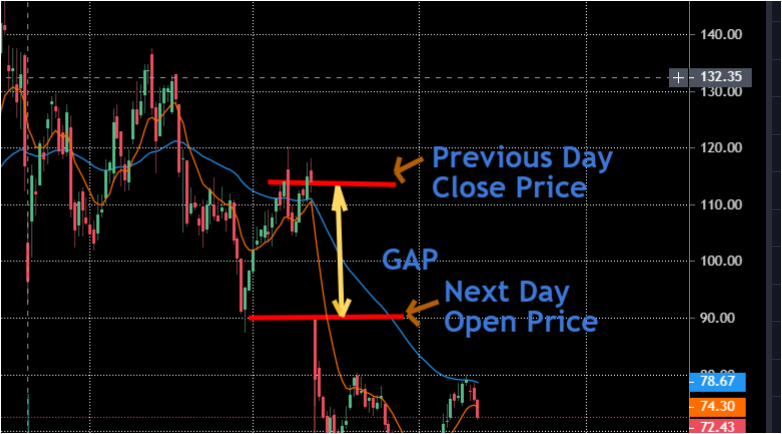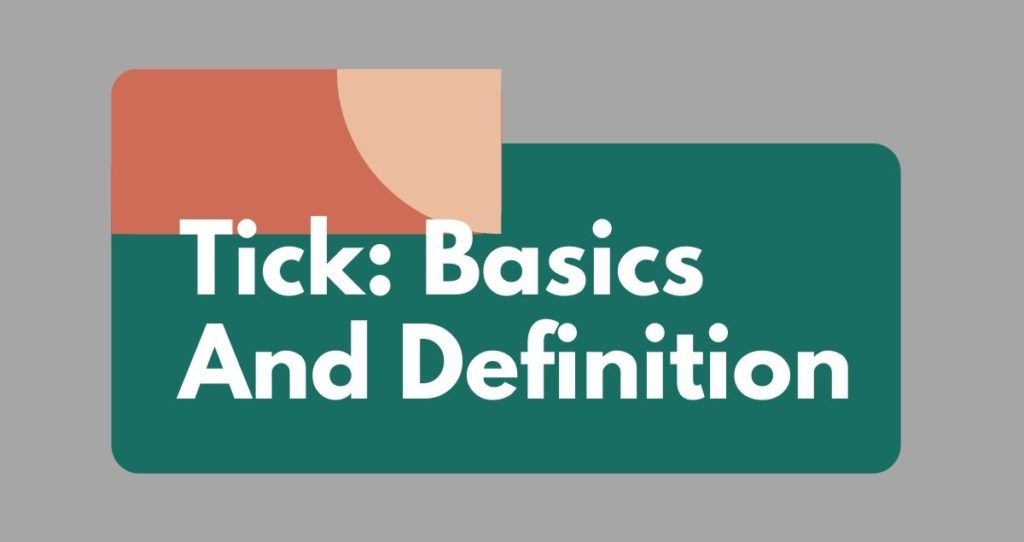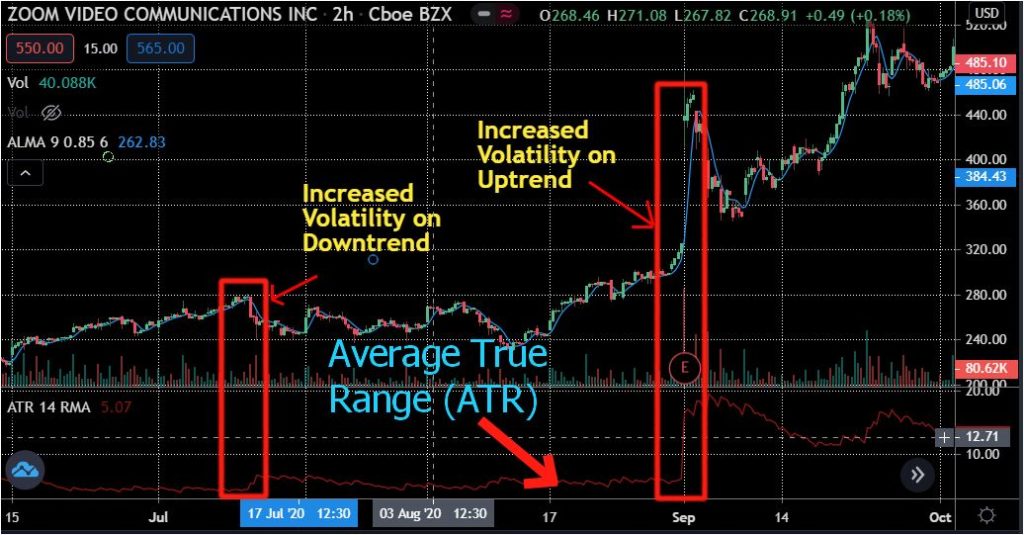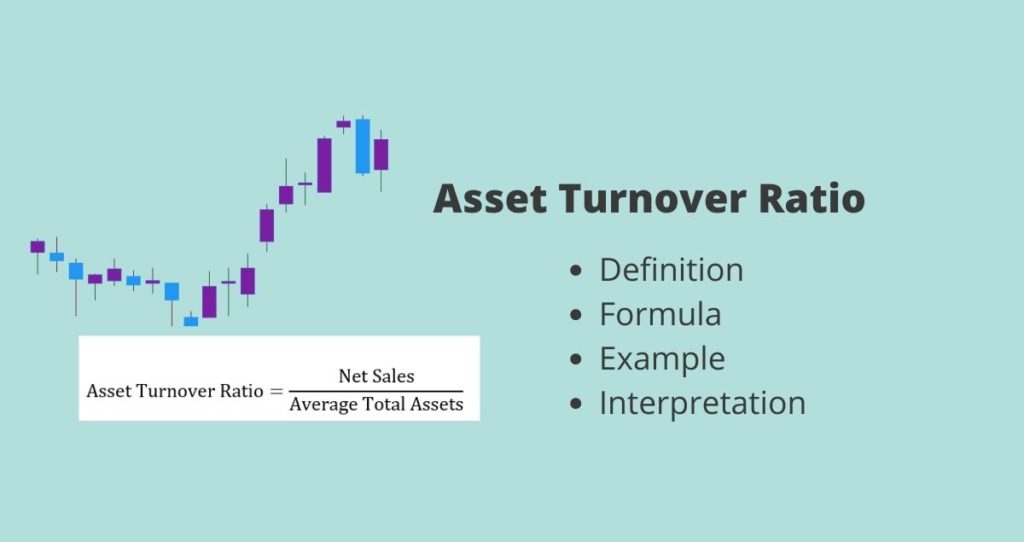Investing in exchange-traded funds(ETFs) is a great way to get started in the stock market. ETFs offer direct diversification as they hold hundreds of different securities, such as stocks and bonds, and have low-cost entry, making them ideal for institutional and retail investors. So, what are ETFs, and how do EFTs work?
If you are new to investing or have never heard of ETFs, this article will provide a quick guide to them, their types, how to buy them, and how they compare to individual stocks and mutual funds.
What is ETF?
The exchange-traded fund, a.k.a. ETF for short, is a collection of many stocks or bonds into a single fund managed by experts and traded on an exchange. ETFs are similar to mutual funds. The only difference is that instead of putting your money into the fund, you buy ETFs on exchanges such as Nasdaq, Chicago Board Options Exchange, or New York Stock Exchange.
Traders and investors can buy and sell exchange-traded funds (ETFs) like stocks. ETFs are great investments to add to your portfolio as they offer immediate diversification and have low entry costs. You might also have a fractional shares option where you buy fractions of shares instead of a whole share for as little as $1. Since exchange-traded funds trade exchange during market hours, you can buy and sell ETFs whenever you choose, similarly to regular stocks.
Exchange-traded funds (ETFs) are designed for different purposes. Some focus on growth, whereas others focus on income.
As an investor or trader, you must research the ETF you want to invest in and select according to your risk tolerance and financial goals. If your main priority is to generate income, you will focus on ETFs with high-dividend stocks and fixed-income assets such as bonds. On the other hand, if growth is your priority, you would focus on ETFs that focus on high-growth stocks.
Check out different types of bonds you can buy as an investor.
How to invest in an ETF?
To invest in an ETF, you will need a brokerage account. This investment account allows you to buy and sell securities, like stocks, mutual funds, and ETFs or bonds. Read in more detail how to open a brokerage account step by step. You can open a brokerage account with any online broker, such as Fidelity, Vanguard, Charles Schwab, etc. Some banks also allow you to open a brokerage account.
Once you have a brokerage account, you can invest in ETFs inside your account. Basically, you must follow the same buy and sell process you would normally follow when purchasing individual stocks. All ETFs have tickers, allowing you to search them in the search bar when buying them.
To sell an ETF, you would follow the same process. But instead of selecting the buy option, you would need to select sell, choose the ETFs you want to sell, the number of shares to sell, the type order(market or limit order), and then sell.
Types of ETFs
When investing in ETFs, you will have many options to pick from. Here are common types of ETFs to start with.
- Actively managed ETFs. These ETFs do not track a specific index. Instead, professional managers decide what assets to include in the portfolio daily, similar to actively managed mutual funds.
- Passive ETFs. Passively managed ETFs are designed to track a specific index, such as the S&P 500, and are highly diversified to minimize risks.
- Stock ETFs. These ETFs normally track a single stock sector or industry, such as healthcare or technology. Although stock ETFs are diversified within the sector or industry, they could be risky if that industry experiences a major sell-off.
- Bond ETFs. These ETFs are designed to track the bond market. They are good for investors needing regular income, and their performance depends on the performance of the underlying bonds they hold.
- Commodity ETFs. These ETFs invest in commodities such as gold or crude oil. They are an easier choice if you want to diversify your portfolio with commodity assets but don’t know which ones to buy.
- Currency ETFs. These ETFs invest in different currencies, either domestic or foreign currencies, and track their performances.
Difference between ETFs and stocks
While exchange-traded funds are traded live on an exchange similar to stocks, they are not the same as stocks. Typically, an ETF is made of hundreds of different stocks or bonds diversified to allow investors to maximize profits while also minimizing financial losses. This means EFTs come with low risk compared to individual stocks due to low volatility but also offer low returns compared to the potential return you would get from investing in an individual stock.
Check out the main differences between an ETF and individual stocks.
- ETFs are less risky compared to stocks. Individual stocks are more volatile and are sensitive to market news and economic changes. Since ETFs are made of hundreds of stocks, their volatility is low compared to individual stocks. It is not likely that all stocks in an ETF will experience excessive sell-offs or become worthless at the same time under normal conditions. For this reason, ETFs are less risky compared to stocks.
- ETFs are easier to pick than individual stocks. Picking the right stock is always complicated, and the chances of getting it right are slim. This is because it takes a lot of time to research an individual stock out of thousands of stocks. For the ETF, however, the hard job is done for you. You can still verify individual stocks in each ETF.
- Stocks can sometimes yield more returns than ETFs. Individual stocks are more volatile than ETFs and respond greatly to news and economic conditions. For example, a share price can double, triple, or lose 50% of its value in a few days due to news. Investors should know that volatility comes with risks.
- ETFs trade of Excahnges. Like stocks, you can buy ETFs on exchanges like the New York Stock Exchange or Nasdaq.
- Low-cost entry. Buying ETFs is easy, and sometimes, you can buy fractional shares.
The difference between ETFs and mutual funds
Mutual funds collect and invest money from many investors in different investment securities, such as stocks, index funds, and bonds. A professional manager usually manages them, although passively managed mutual funds exist. Instead of buying a mutual fund, investors put their money in the fund, and the fund invests the money on their behalf.
An ETF, on the other hand, is made of hundreds or more stocks or bonds. ETFs do not collect money from investors. Instead, they are publicly traded on stock exchanges like standard stocks, and investors can buy and sell them similarly to individual stocks. This makes it easy and cheaper for institutional investors to buy and sell trade exchange-traded funds. No minimum amount is required to buy an ETF; in some cases, individuals can buy fractional shares.
More stock market resources
How to day trade stocks: A beginner guide.
